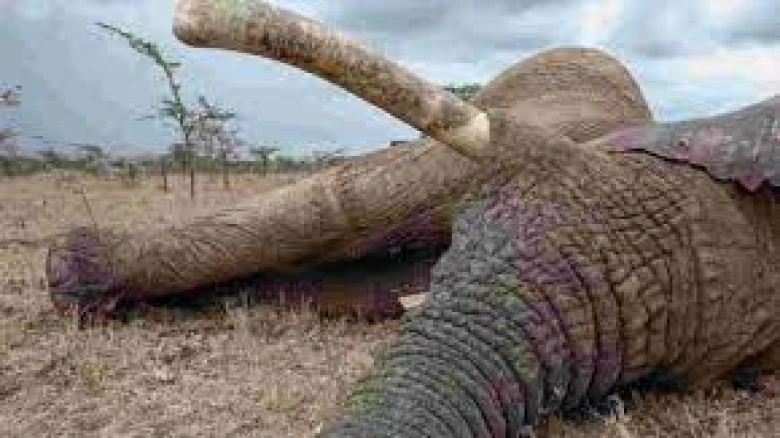Regional

According to sources, the investigating agencies have a strong hunch that smugglers obtain weapons from extremists who seek refuge in Myanmar, which is said to be the hub of wildlife crime.
Digital
Desk: In Assam and the whole Northeast,
where crimes against wildlife are only second to drug trafficking and
gunrunning, wildlife is in danger. Recent confessional confessions from
poachers provide validity to the Forest and Wildlife Crime Control Bureau's suspicions
that an extremist-poacher network has been operating in the area.
Those in charge of the Wildlife Crime
Control Bureau reportedly have a strong instinct that militants use smugglers
to transfer weapons to poachers operating in Assam and other Northeastern
states.
According to sources, the biodiversity
in the area could be seriously threatened if the Forest Department and
organizations in charge of wildlife conservation cannot remove this chair.
Himanta Biswa Sarma, CM The majority
of the poachers, according to sources, are locals. With large sums of money,
smugglers encourage them to do these crimes. According to sources, the
investigating agencies have a strong hunch that smugglers obtain weapons from
extremists who seek refuge in Myanmar, which is said to be the hub of wildlife
crime. And it's not difficult to find out why radicals are involved in this
industry. The Northeast and Assam are hotspots for biodiversity. Along with
reserve forest regions, Assam alone includes seven national parks and 18 wildlife
sanctuaries. Not entirely. With the exception of Bhutan and Bangladesh, the
state has shared borders with all six of the other northeastern states. Assam
is a prime location for smuggling wildlife parts as a result.
Sources claim that the chain is still
using Assam, Mizoram, and Nagaland as its transit routes. The acquittal of
numerous poachers and smugglers is reportedly made possible by the staff of
various agencies not being familiar with the parts of the Wildlife (Protection)
Act, 1972, and its schedules. In the previous three years, the Wildlife Control
Bureau has detained 3,426 suspects in 2,568 incidents.
Leave A Comment